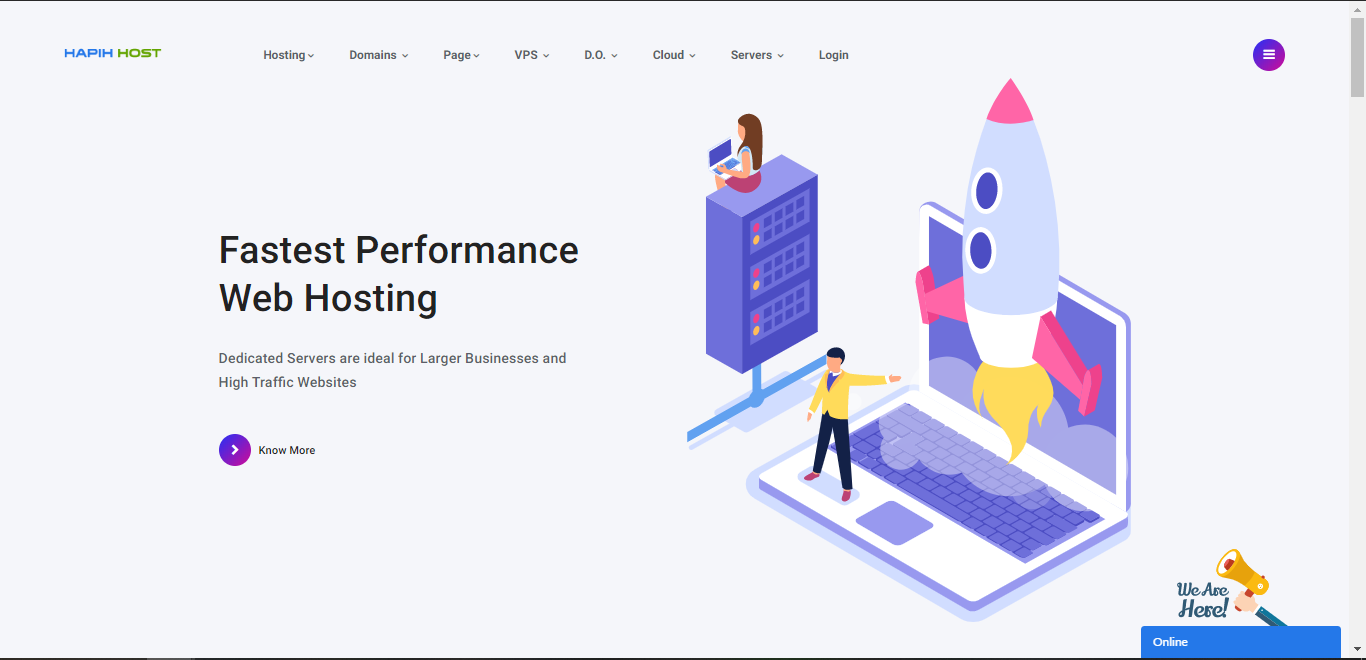Benefits of using Forex VPS
Using Forex VPS (Virtual Private Server) hosting can provide several advantages to forex traders. Here are the key benefits of using Forex VPS hosting with details:
- Low Latency Execution:
- Detail: Forex VPS hosting reduces latency by locating servers in data centers close to major financial exchanges. This ensures that trade orders are executed with minimal delay, reducing the risk of slippage, which can be critical in fast-moving markets.
- High Uptime and Reliability:
- Detail: The best Forex VPS hosting providers offer high uptime and reliability by utilizing redundant hardware and network connections. This ensures that your trading platform remains accessible, reducing the risk of missed trading opportunities.
- Stability and Performance:
- Detail: Forex VPS hosting provides a stable and dedicated environment for trading. As a trader, you have exclusive access to the server’s resources, which ensures that your trading platform and automated strategies run smoothly without interruptions, contributing to consistent performance.
- Enhanced Security:
- Detail: Top-tier Forex VPS hosting solutions implement robust security measures, including data encryption, firewalls, and intrusion detection systems. This safeguards your trading data and strategies against unauthorized access and cyber threats.
- Remote Accessibility:
- Detail: With Forex VPS, you can access your trading platform and strategies from anywhere with an internet connection. This flexibility allows you to manage your trades, monitor the markets, and make adjustments even when you are away from your trading desk, offering convenience and adaptability.
- Customizability:
- Detail: Forex VPS hosting allows traders to install and configure their preferred trading software, such as MetaTrader, cTrader, and expert advisors. This flexibility ensures that the trading environment aligns with your specific requirements and preferences.
- Dedicated Resources:
- Detail: Forex VPS hosting typically provides dedicated resources (CPU, RAM, and storage) to each user. This exclusivity ensures that your trading activities won’t be affected by the resource consumption of other users on the same server, resulting in a stable trading experience.
- Support and Assistance:
- Detail: Many Forex VPS hosting providers offer 24/7 customer support. This means you can receive prompt assistance for technical issues, ensuring that you can address any problems that may arise while trading.
- Effective Risk Management:
- Detail: A reliable Forex VPS can help traders manage risk effectively by reducing the chances of execution delays and order slippage. This is particularly important during periods of high market volatility when precise execution is crucial.
- Scalability:
- Detail: As your trading activities grow, the best Forex VPS hosting providers typically offer scalable plans. This allows you to upgrade your server resources to accommodate increased trading volume and resource requirements.
In summary, the use of Forex VPS hosting provides multiple advantages, including faster order execution, high uptime, stability, security, remote accessibility, customizability, dedicated resources, support, effective risk management, and scalability. These benefits collectively contribute to a more efficient and secure trading experience, particularly for traders using automated strategies or needing low-latency execution in the dynamic forex market.
Try our Best Forex VPS plans : https://www.hapihhost.in/vps-hosting/forex-vps-india/










